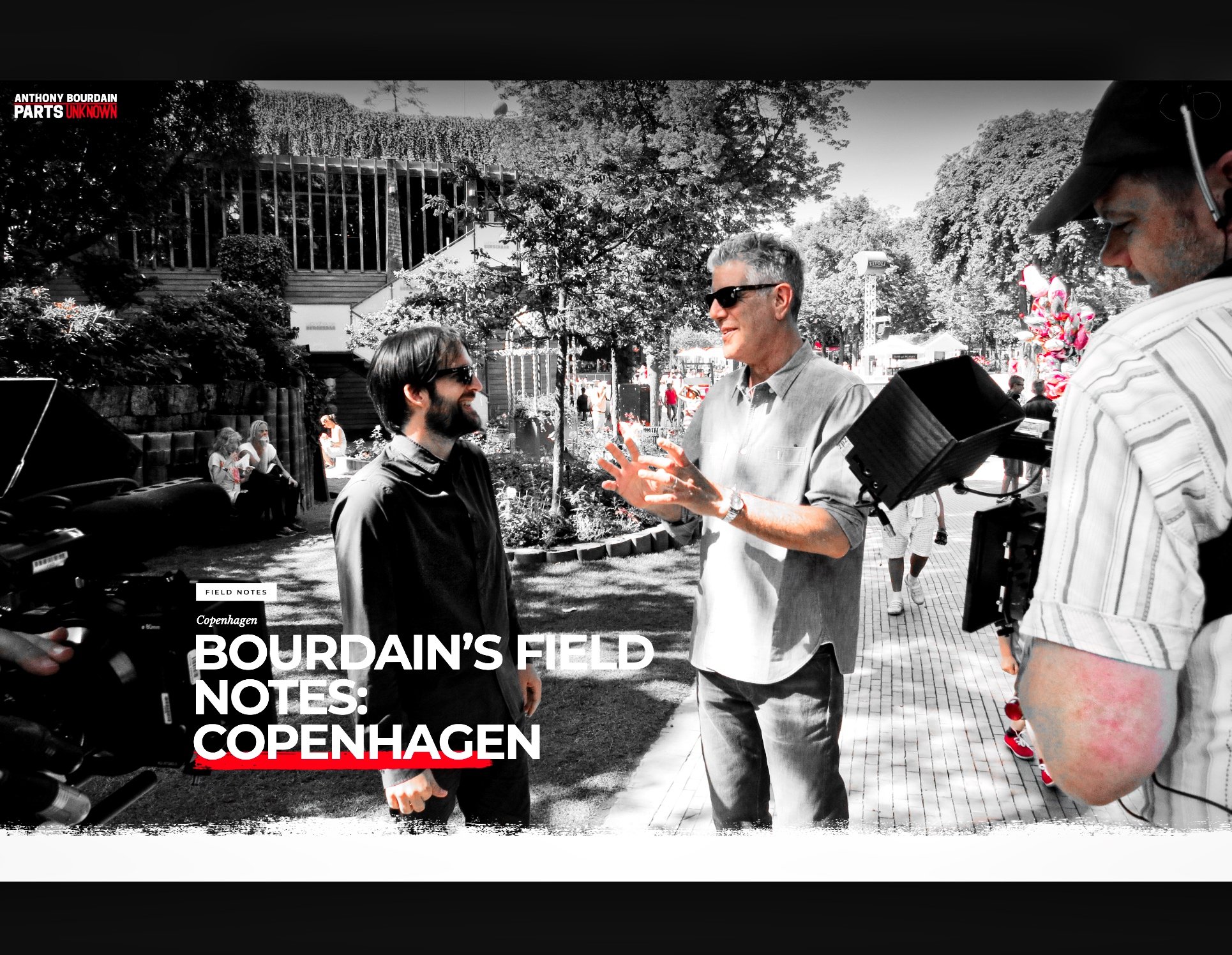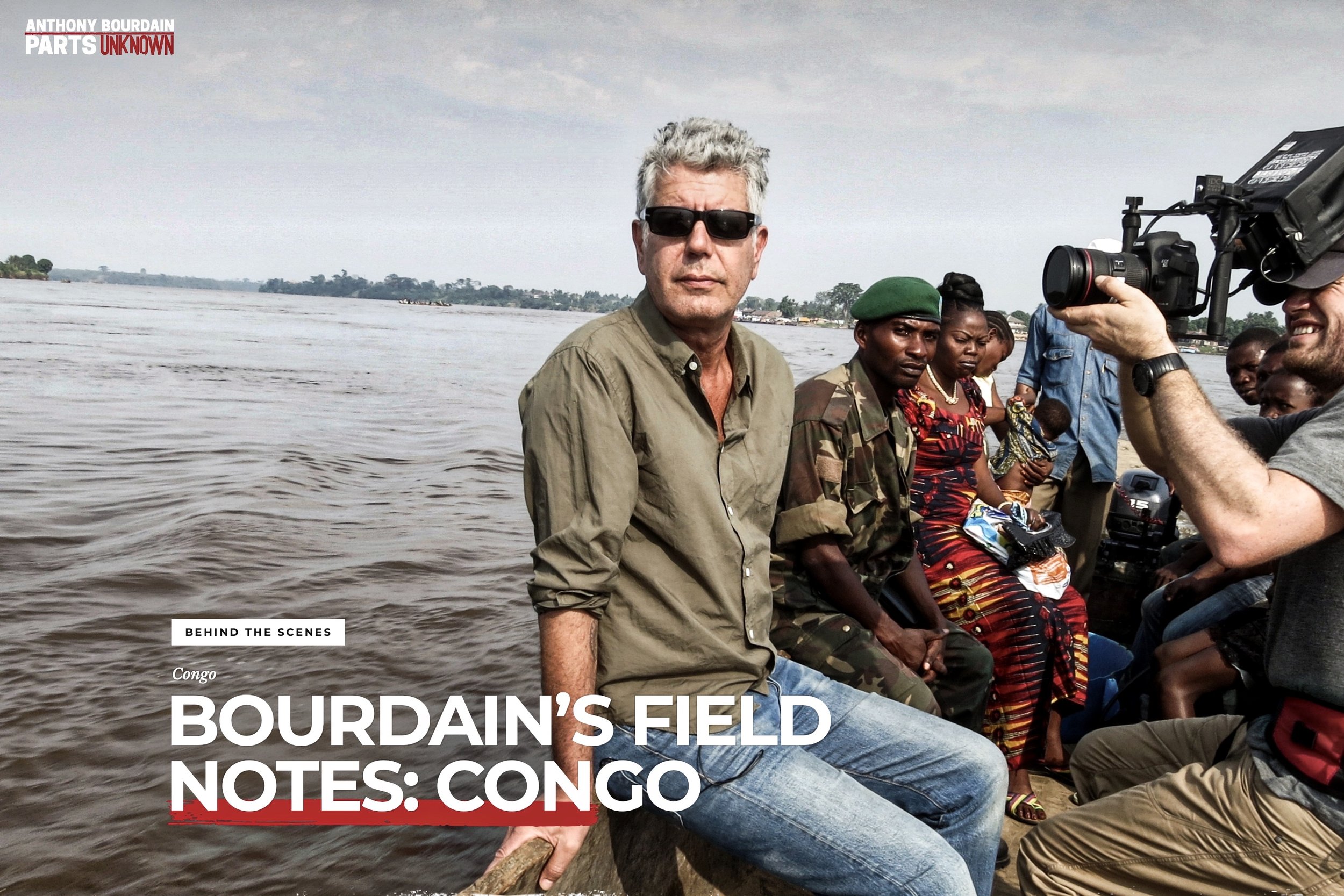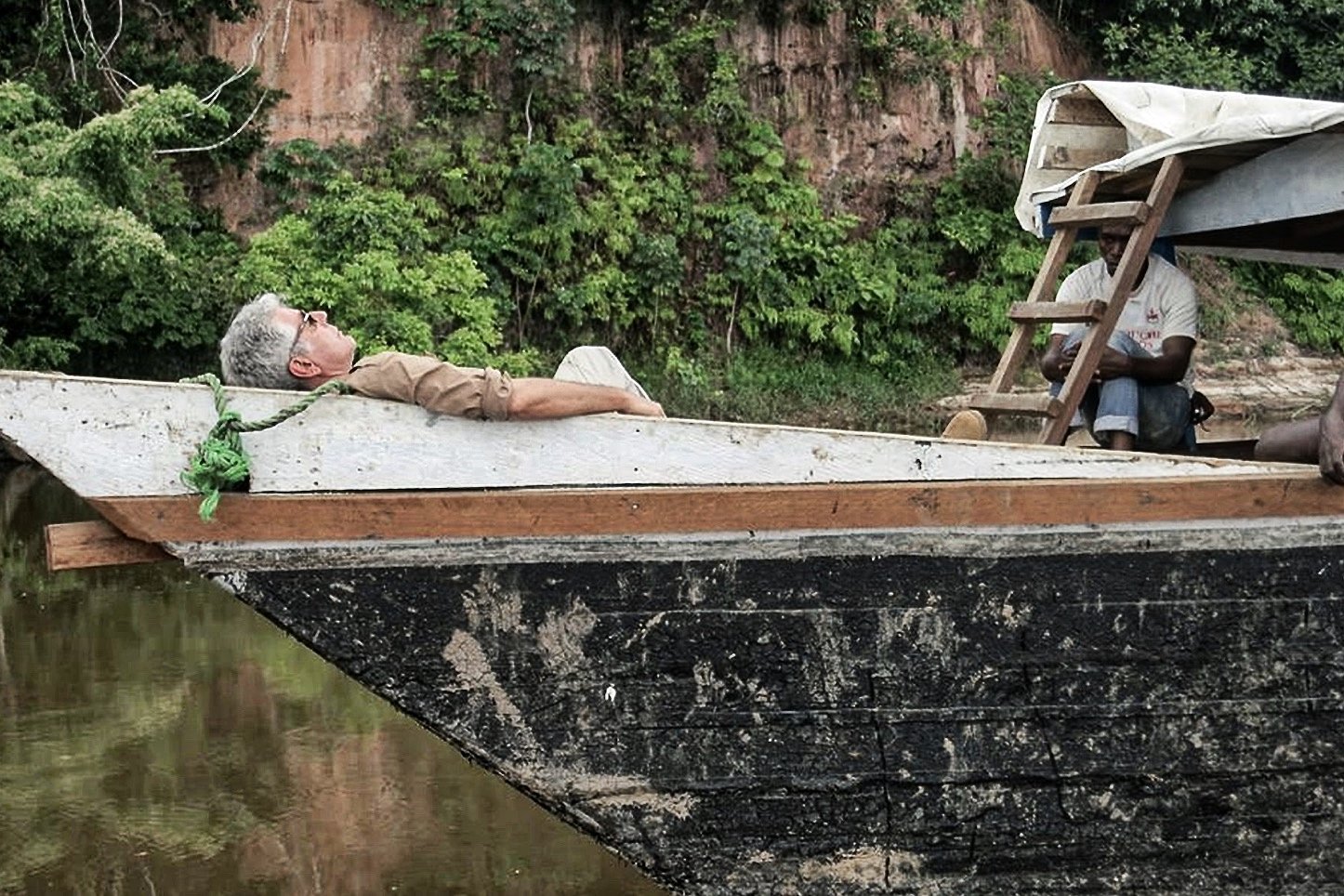“It was a low point,” intrepid explorer Anthony Bourdain admitted later of his ill-fated excursion to the boot of Italy in 2013 for CNN’s Parts Unknown. Swimming among “dead octopi” didn’t help — and neither did the 18 negronis.
It sounds like a scheme so loopy and so lunatic that it couldn’t possibly happen in real life. Except it did. When an obsessive, ardent bass fisherman from Louisiana set out to rig a 1983 fishing tournament by purchasing a massive largemouth bass — dead — in a neighbouring US state with the idea of sneaking it into the competition lake and then “miraculously” landing it during the competition, he first had to thaw the frozen lunker in his bathtub before rendezvousing with his co-conspirator, an angler named “Terry” who was competing in the Roadrunner Bass Tournament in nearby Tyler, Texas. The prize money for landing the biggest bass during the competition would win a cash jackpot that, evenby fishing standards, was reallyn sweet. What could go wrong?
Well, everything as it happened.
I was thinking of the Great Bass Cheating Scam of 1983 while revisiting Anthony Bourdain’s Parts Unknown episode Sicily the other night. Sicily originally aired on CNN during the program’s second season in 2013 — a little early in CNN’s run for Bourdain to wig out about the single worst travel experience of his life, but there it is.
As Bourdain told Forbes in 2016 — yes, it took him nearly three years to recover, he hinted, only half-jokingly — the now infamous disaster featured the intrepid host and world adventurer embarking on an excursion to catch lunch (octopus and cuttlefish) with a local fisherman/chef in shallow waters off a rocky cove, frequented by tourist swimmers, within hailing distance of the Sicilian town’s waterfront. It was actually a staged ploy on the part of his host and guide for the day. A friend of the restauranter threw shop-bought — and very much dead — fish into the sea while Bourdain swam in full snorkelling gear to pluck octopus and cuttlefish from the seabed. The horror, the horror.
When Bourdain surfaced, he was livid. And he wasn’t about to hide that from the cameras, constantly hovering in close attendance. Later, in his voiceover — no, he had not calmed down by this point — Bourdain recalled that he “snapped,” The show’s producer plonked him down in a café to calm him down. This was a mistake. By his own admission — Bourdain was a little fuzzy on the details, which is perfectkly understandable considering how much he drank — he downed some 18 negronis and drank himself into a catanoic stupor.
The scene didn’t improve when he came to. In the next filmed scene, Bourdain was blackout drunk. It was his birthday. He was unknowingly joined at his lunch table by an unsuspecting local couple. It was the wife’s birthday, too, but the cameras picked up an expression of pure disinterest on her face: It happened to be her birthday too, and she was clearly unamused to find herself across the table from a drunk and bad-tempered New Yorker. More indignities were to come. Bourdain was served a plate of tuna tartare with avocado and squeeze-bottle designs on top, on a square plate no less.
Fun fact: This all happens in the first 12 minutes of the episode, and you know what they say: the camera doesn’t lie.
Also, time heals all wounds, right? Work with me here, people.
The more time that went by, the angrier Bourdain seemed to get. At this point in the series, he had dodged malaria — and worse — in the Congo; narrowly avoided being caught in a crossfire between rival militias in Libya; managed not to get himself arrested by the military junta in Myanmar or gored by a bull in Spain (the bull gave it its best shot, and nearly ended ruined Bourdain’s manhood in the process); avoided freezing like a popsicle while ice fishing in the middle of a Quebec winter; survived leeches in the Amazonian jungle of Peru; and avoided finding himself in the middle of a shooting war in the Gaza Strip.
He doesn’t exactly say ‘Who needs this s**t?’ but you can sure as (s**t) see he’s thinking it.
“I am snakebit as far as Sicily (was concerned),” Bourdain admitted later. “You cannot make great TV in Sicily. It’s a fantastic location, the food is awesome, the people and everywhere you look is great, but for some reason both times I have made shows in Sicily, everything has gone wrong.”
But wait, there’s more.
“It’s become a hideous, funny failure. But it wasn’t funny to me down there where those dead octopi were splashing down behind my head. I felt like I was speaking in manic double-speed for the next week. I couldn’t breathe, my crew was very concerned and there were some personnel changes afterwards.”
Personnel changes! That sounds like a diplomatic way of putting it.
“I’m still pissed about it. This is sort of a dangerous paradox about the shows over the years where the producers understand that when things go really, really badly, it’s comedy gold sometimes, but it’s not fun for me.
“I don’t go out there looking to make a funny show mocking this well-meaning but thoroughly corrupt fisherman who was just trying to make things entertaining.
“I think I give up on shooting again in Sicily. Look, my wife is Italian, I love the country, I love Sicily, but I think if I went back and screwed up again it would break me. I don’t think I could bear it.
“I will go back for pleasure though.”
Sadly, as fate would have it, we’ll never know that part.
As it is, Bourdain’s powers of recovery didn’t fail him — not then, at any rate.
He would go on to film 10 more seasons for CNN, 82 more episodes in all.
Bourdain was astute enough, and giving enough too, to realize Sicily’s charms.
“There’s the simple fact of its location, tucked away under the boot of Italy — part of but not really part of that country. [It has] its own language, culture, its own history of Norman, Arab, Spanish, Roman, Turkish, Egyptian interlopers, all leaving their mark and their influence. . .
“This is what I wanted Sicily to be, something to soothe my shattered soul. It doesn’t take much: a bowl of good pasta. In this case it’s the famous spaghetti al nero di seppia (spaghetti and cuttlefish).”
He carried his ill-fated lunch excursion to the end, though.
“Is this what it’s come to, I’m thinking, as another dead squid narrowly misses my head,” he says in his voiceover. “Back in the same country almost a decade later, and I’m still desperately staging fishing scenes?
“Strangely, everyone else pretends to believe the hideous sham unfolding before our eyes, doing their best to ignore the blindingly obvious.
“Then they gave up and just dumped a whole bag of dead fish into the sea. I’m no marine biologist, but I know a dead octopus when I see one.”
And later … a flashback!
“Oh look, my octopus! I remember personally catching that one. It was a mighty struggle, too.
“(Look), I’ve never had a nervous breakdown before, but I tell you from the bottom of my heart, something fell apart down there, and it took a long, long time after the end of this damn episode to recover.”
Three years, as it happened.
Next up: South Africa.










